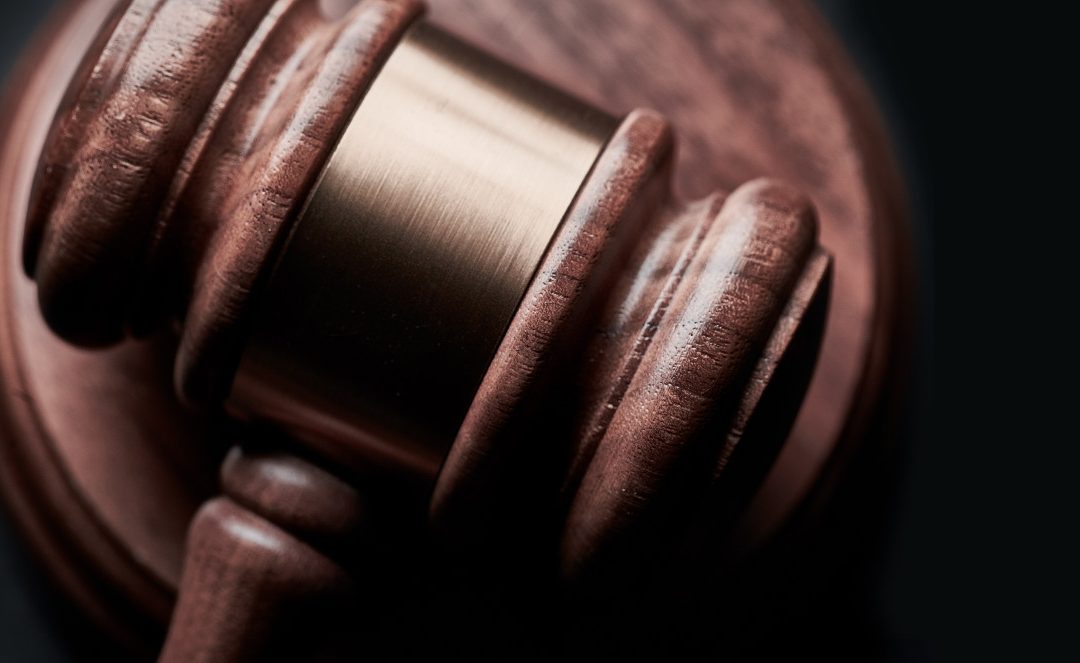How Bail and Bonds Work ? After a individual is in police custody and is charged with an alleged crime, they could have the ability to escape jail by posting bail or acquiring a bail bond. An estimate determines the amount of bail according to variables such as the seriousness of the alleged crime , the chance that the defendant will commit additional crimes after being discharged, and the odds that the defendant will flee the jurisdiction prior to trial. A judge could set bail at any sum that’s not objectively irrational or reject bond completely. The Eighth Amendment to the U.S. Constitution prohibits”excessive bail” but doesn’t state that judges are needed to permit bail.
Bail vs Bond
The words bail and bonds are often used almost interchangeably when talking prison discharge, and while they’re closely associated with one another, they’re not the exact same thing. Bail is your money a defendant should pay to be able to escape prison. A bail is submitted on a suspect’s behalf, usually by a bail bond company, to safeguard their discharge.
Bail isn’t intended as a punishment in itself. It’s quite a method of securing a defendant’s agreement to abide by specific conditions and return to court. That sense, bail is similar to security left with the courtroom to make sure that, following the defendant’s release from prison, he or she’ll go back for the rest of the portions of the criminal situation . In the event the defendant fails to appear or violates the terms of the discharge, they may forfeit the sum paid. In case the suspect published a bond, the bail bond company forfeits the cash, as mentioned below.
Bail Hearing
Following a individual’s arrest, a judge or other court officer will establish the quantity of bond , and any other states because of their release from prison. Aspects to consider that may weigh against bail comprise flight danger and threat to the general public of additional unlawful action. Factors which may be favorable to granting bail comprise a lack of previous criminal history and ties to the area. Potential rulings at a bond hearing include:
Release on Own Recognizance: The suspect is discharged from prison in exchange for signing up an agreement promising to return to court and abide by other problems.
Private Bond: The suspect is released upon registering a bail, which states he or she’ll be responsible for criminal, and in some instances civil, penalties when he or she fails to appear at court.
Bail Set with Terms of Release: The defendant can move free by posting bail in the sum decided by the court, by simply paying it straight or acquiring a surety bond by means of a bail bond company.
Denial of Licensed: The suspect has been deemed too much of a flight risk or a threat to the general public.


Recent Comments